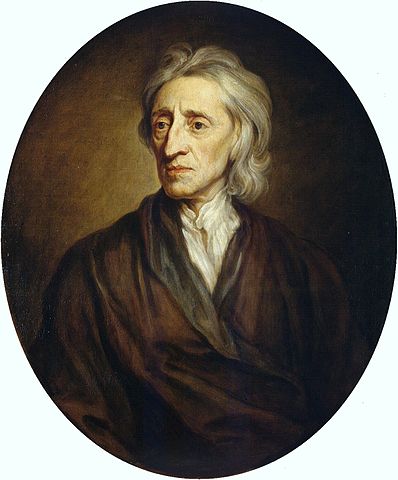Marxism vs Liberalism
The distinctions between Marxism and Liberalism arise from the key idea that each of these concepts is built upon. Marxism and Liberalism are both ideologies that are embraced by people globally. Karl Marx introduced Marxism to clarify the societal changes and developments resulting from the conflict between the elites and the working-class people. In contrast, Liberalism highlights the notion of being free and equal concerning various concepts such as religion, trade, political freedom, and civil rights. Marxism concentrates more on creating a classless society, known as “Communism,” while Liberalism is a movement that emphasizes individual freedom in behavior or attitudes. Let us further examine these two ideologies, Marxism and Liberalism, and the differences between them.
What is Marxism?
Marxism pertains to the political and economic theories presented by Karl Marx, particularly regarding the capitalistic social structure. Marx examined the social structure based on economic activities, and according to him, the economy is one of the main necessities for humans to fulfill their needs. Economic organizations have been established in such a manner that they determine social relations, ideologies, political and legal systems between social classes. The forces of production may have unequal relationships and profit-sharing, leading to class struggle. The outcome of the class struggle will be Socialism, which is said to involve cooperative ownership in production. However, Socialism will eventually give way to Communism, which, in Marx’s view, is the ideal social structure with no social classes or states but common ownership of production means. This is the basic idea of Marxism, and this theory has been applied to numerous other subjects. However, it is said that there is no single definitive theory of Marxism.
What is Liberalism?
Liberalism can be defined as a political philosophy that emphasizes the idea of being free and liberated. This notion of being free can be applied to many concepts and situations, but liberalists mainly focus on democracy, civil rights, property ownership, and religion. The philosophy of Liberalism emerged during the Enlightenment period, with the philosopher John Locke said to have introduced this concept. Liberalists rejected absolute monarchy, state religion, and the vast power and authority of kings. Liberalists promoted democracy instead of monarchy. However, Liberalism gained significant attention following the French Revolution and is now a powerful and influential political force worldwide.
What is the difference between Marxism and Liberalism?
Upon examining both concepts, some similarities can be identified. Both have relationships with the economic, political, and social aspects of a specific society and deal with the state of humans living in that society.
• Considering the differences, we can observe that Marxism is a theory, while Liberalism is an ideology.
• Marxism discusses social transition, whereas Liberalism deals with the individual state of being.
Nevertheless, both theses are highly popular in today’s world and are upheld by numerous communities globally.
Key Takeaways
- Marxism is a theory introduced by Karl Marx that focuses on creating a classless society, while Liberalism is an ideology that emphasizes individual freedom in behavior or attitudes.
- Marxism discusses the capitalistic social structure and how it leads to class struggle and eventually Socialism and Communism, while Liberalism mainly focuses on democracy, civil rights, property ownership, and religion.
- Marxism is a theory that examines social transition, whereas Liberalism is an ideology that deals with the individual state of being.
